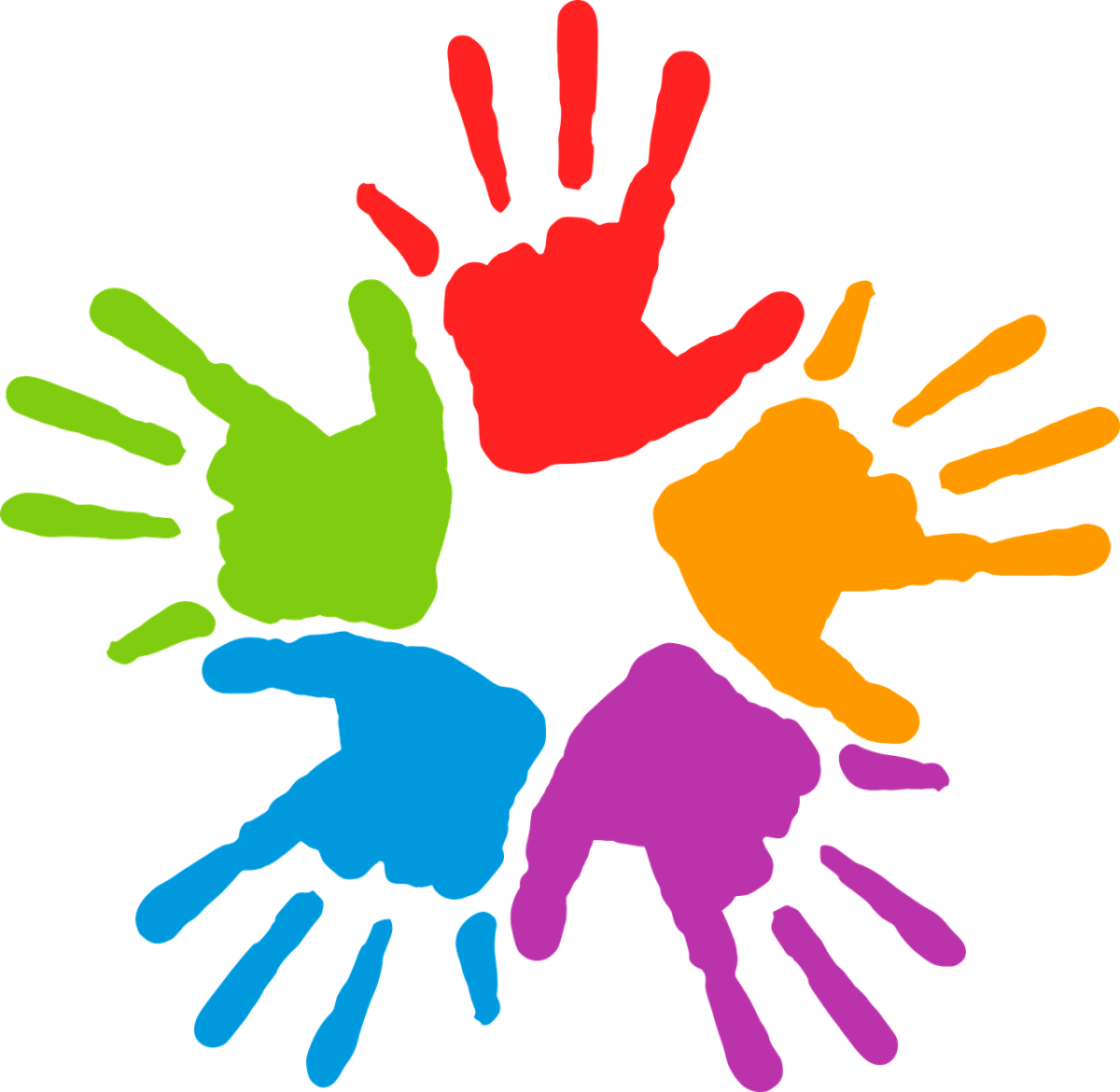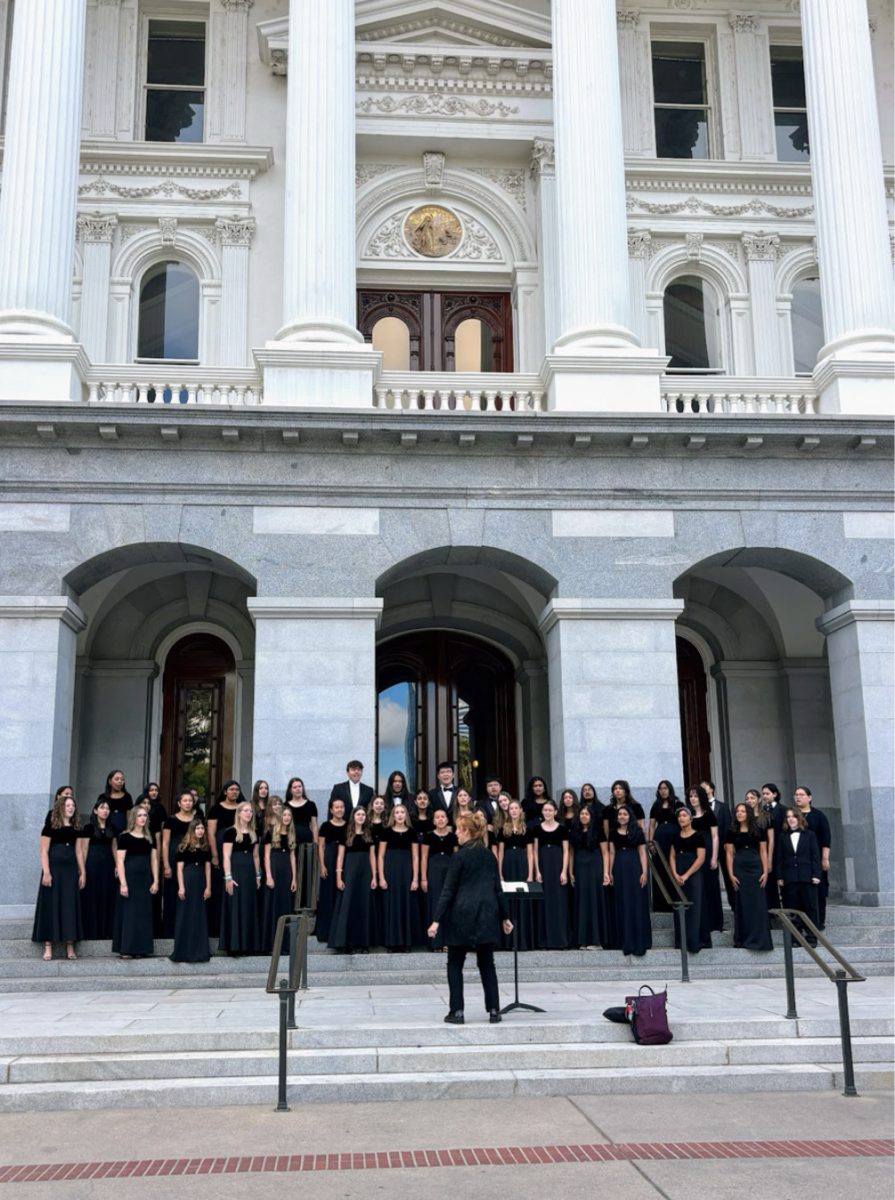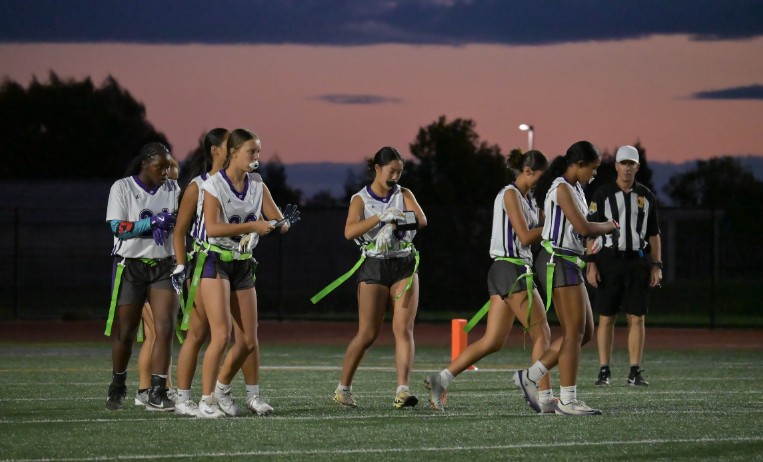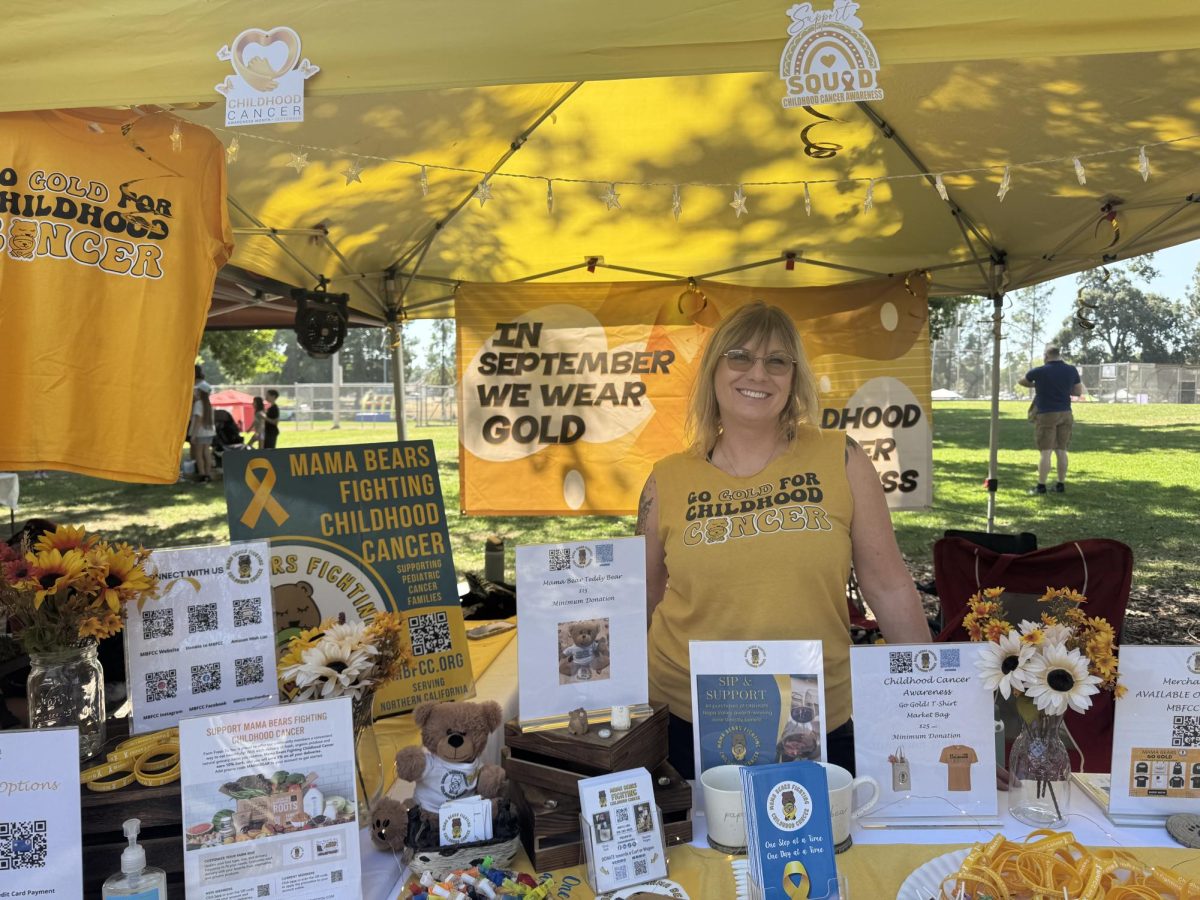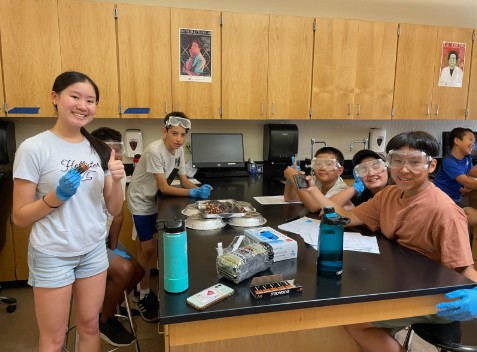Partly as a way to acknowledge the significance of recognizing different cultures, religions, ethnicities and races, Cordova High School offers more than five clubs dedicated to promoting the diversity of its student body.
One such group is the Filipino Club, which is open to all students, said club adviser and English teacher Michelle Budge.
“Our club welcomes all students, regardless of their cultural background,” Budge said. “The club members who are not Filipino are able to learn more about our culture, while students who are Filipino are able to share what they love and know about their culture, as well as show their pride for being Filipino.”
The club has produced some notable achievements, Budge said.
“In the past, we have raised money for fire victims and Christmas gifts for children in need,” she said.
For Jennifer Findley, an English teacher and the Afghan Club host, recognition plays a vital role in empowering Afghan students.
“So on food days, introducing Afghan food to all the other cultural foods that we have on campus, it’s become a great hit,” Findley said. “Short answer, the club helps ease their entry into American life. And (gives) them confidence to use their voice.”
Especially important, Findley said, is that the club includes both girls and boys.
“Afghan culture is so male-dominated, but (the club) has given girls a space to show what they can do,” Findley said, “another place aside from the classroom to really shine.”
Cultures are distinct and complex, and in order to appreciate them, people need to understand them, Findley added.
“Cultures are so interesting, and unique, and fun for me to learn about,” Findley said. “But, we are all human beings and really, regardless of where a young person comes from, they are still themselves – goofy, curious, funny teenagers. All these kids are just trying to figure it out.”
Highlighting students’ diversity and individuality, say club leaders, helps ensure minorities don’t get sucked into the background.
“We have people from all different backgrounds coming together,” said Eric Gardner, a retired U.S. Air Force master sergeant and mentor for the Black Student Union. “But it’s also important to celebrate our individuality in our different groups. Whether it’s people coming from Russia, India or all parts and places across the globe. Coming here and being together, being able to highlight your traditions and cultures, gives other people who aren’t from those same places an opportunity to be exposed to (those cultures).”
The Black Student Union welcomes all students, regardless of color.
“A lot of people, just based on it being the Black Student Union, feel like you have to be Black, or in some way or fashion linked to being Black, but you don’t have to be,” Gardner said.
“What it does is it gives folks that aren’t Black or come from the culture an opportunity to join in and also build understanding and tolerance to others that come from different places and grew up differently.”


